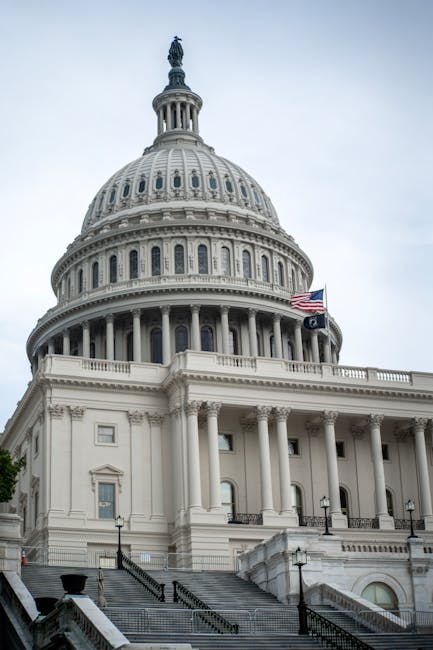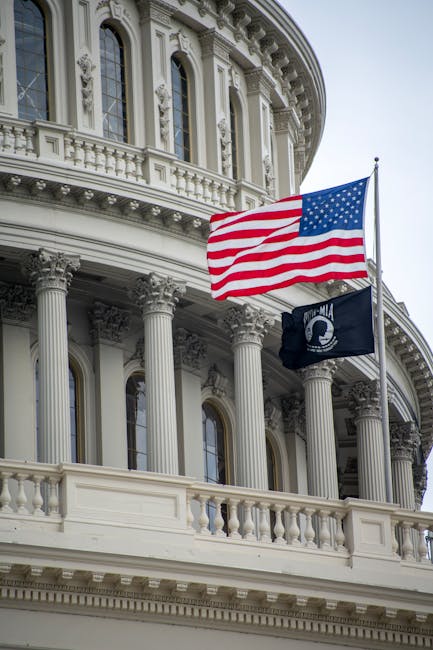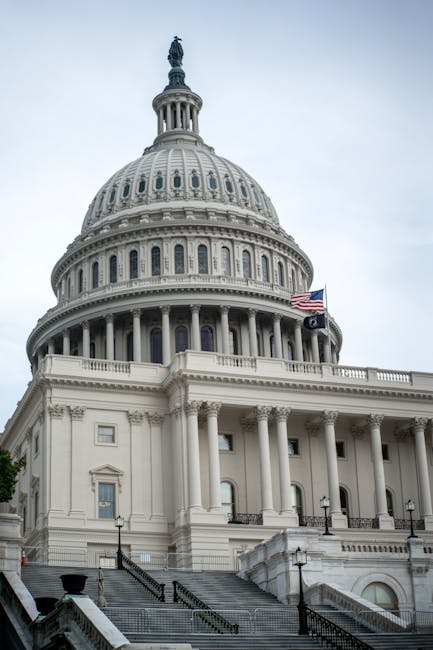What is ‘Salt’ in Politics? Decoding the Metaphor and its Real-World Implications
The phrase “salt of the earth” conjures images of honest, hardworking individuals, the backbone of society. However, in the often-turbulent world of politics, the term “salt” takes on a far more nuanced and sometimes cynical meaning. It’s rarely used literally; instead, it’s a potent metaphor employed to describe various political strategies and phenomena, often with implications of preservation, corruption, or even destruction.
The Metaphorical Usage of ‘Salt’ in Politics
The political use of “salt” draws from its diverse symbolic properties. Salt, a crucial preservative, can represent the attempt to preserve a political system, ideology, or power structure. Conversely, its corrosive nature can signify the destruction or undermining of these same elements. The interpretation often depends on the context and the speaker’s intended message.

Salt as a Preservative: Maintaining the Status Quo
In this context, “salt” refers to the measures taken to maintain the existing political order. This could involve various strategies, including:
- Legislative maneuvers: Passing laws or regulations designed to solidify the ruling party’s power or to hinder opposition movements.
- Strategic alliances: Forming coalitions with other political groups to create a stable, albeit potentially fragile, governing majority.
- Propaganda and misinformation: Spreading biased information or narratives to reinforce public support for the ruling regime and discredit dissenters.
- Patronage and clientelism: Distributing resources and favors to loyal supporters to maintain their allegiance and consolidate power.
This use of “salt” implies a deliberate, often calculated attempt to preserve the existing power dynamic, regardless of the potential negative consequences for broader societal interests.
Salt as a Corrosive Agent: Undermining and Destabilizing
Conversely, “salt” can symbolize the actions designed to undermine or destabilize a political system or opponent. This could manifest in several ways:
- Whistle-blowing and leaks: Revealing sensitive information to damage the reputation of a political figure or institution.
- Strategic litigation: Employing legal actions to challenge the authority of a political opponent or to expose their wrongdoing.
- Targeted disinformation campaigns: Spreading false or misleading information to sow discord and undermine public trust in a political entity or ideology.
- Insurrection and civil unrest: Resorting to violent or disruptive actions to overthrow a government or disrupt the political process.
In this scenario, “salt” becomes a metaphor for the deliberate erosion of political structures, often employed by opposition forces or revolutionary movements.
Historical and Contemporary Examples
The metaphorical use of “salt” in politics isn’t a new phenomenon. Historically, salt played a crucial role in trade and power dynamics, contributing to its symbolic weight in political discourse. We can find echoes of this in numerous historical and contemporary examples.

Historical Examples
Ancient civilizations understood the power of salt, both as a necessary resource and a symbol of wealth and power. Control over salt production and trade often translated into political dominance. The Roman Empire, for instance, used salt taxes to consolidate its control and fund its vast military machine. The historical significance of salt subtly informs its continued use in political metaphors.

Contemporary Examples
In modern politics, the metaphorical use of “salt” is often implicit rather than explicit. For example, a government’s efforts to suppress dissent through censorship or surveillance could be seen as an attempt to “preserve” its authority using the metaphor of salt as a preservative. On the other hand, the actions of investigative journalists who expose corruption within a government might be interpreted as the “corrosive” effect of salt, destabilizing the established order.
Consider the use of targeted advertising and social media manipulation in contemporary political campaigns. These tactics aim to preserve or enhance the influence of specific political actors, essentially acting as a “salt” to preserve their power. Similarly, the actions of a grassroots movement seeking change can be viewed as introducing a “corrosive salt,” aiming to break down existing power structures.
The Ethical Implications of ‘Salt’ in Politics
The use of “salt” in politics raises significant ethical questions. While the preservation of a stable political system might be seen as a legitimate goal, the methods employed to achieve it can be highly problematic. Propaganda, misinformation, and suppression of dissent raise serious concerns about freedom of speech and the right to participate in the political process. Similarly, the corrosive use of “salt”—such as the intentional destabilization of a government—can lead to chaos and violence, undermining democratic institutions.
Analyzing Political Discourse: Identifying the ‘Salt’
Understanding the metaphorical use of “salt” requires careful analysis of political discourse. It involves deciphering the underlying intentions behind political actions and rhetoric. Is the speaker aiming to preserve the status quo or to disrupt it? What methods are being employed to achieve their goals? Are these methods ethically justifiable?
By carefully examining the context, the language used, and the speaker’s motivations, we can begin to understand the subtle yet potent role of “salt” in shaping the political landscape.
Conclusion
The term “salt” in politics, while rarely used explicitly, functions as a powerful metaphor encapsulating diverse political strategies and phenomena. It symbolizes both the preservation and the corrosion of power structures, ideologies, and political figures. Recognizing its various interpretations—from the preservative efforts to maintain the status quo to the corrosive actions aimed at undermining existing systems—is crucial for a more nuanced understanding of the complex dynamics of political life. By analyzing the underlying motivations and consequences of such strategies, we can engage in a more informed and critical evaluation of the political landscape.

